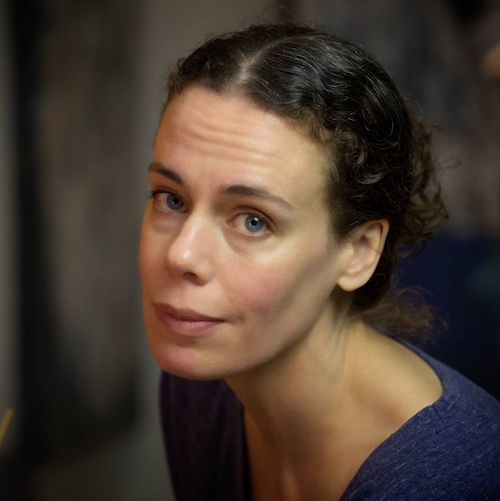- Michael McGrath
- Shawn Micallef
- Jack Neary
- Bob Bickford
- Camilla Gibb
- Sarah Tsiang
- Corey Hardeman
- Alana Solomon1
- Alf Bogusky
- Anon
- Innes Welbourne
- Tundranaut
- K. McLeod
- Elizabeth Hodgson
- Jim Diorio
- Chris Robinson
- Michael Murray
- Mr. Abbott
- Patrick Vertenten
- Rosby Strong
- Unknown Author
- Eliška Jahelková
- Donnez Cardoza
- Rebecca Abbott
- Will Abbott and Rachelle Maynard
- Gun Roze and Elana Wolff
- Unidentified
- Jane Wilson
- Kathryn McLeod
- Mario Pierre Louis
- Alana Solomon
- William McCann
- Anonymous
Field Notes #1
Now that most of them have died, and the last struggling few are exhausted, and the river stinks of rotting fish, and the crows and the seagulls tug apart the newly dead and the barely living alike, and the older dead show ribs and radial spines of fins and luffing sheets of dissolving flesh, and backbones broken by birds and currents, we go down to look at the salmon and in a way to pay our respects. To the fish and to the force of their lives and to the yearly cataclysm of their dying. Jasper said “I feel sorry for the last salmon, that have to swim over all their dead friends. They must be afraid of what’s coming.” I think about that a lot- whether they’re afraid, what it is that makes this such a profound and moving spectacle. In my heart I think the salmon are full of love for their lives, and that they know from the time of their hatching that their home and their birth and their death are all part of the same thing, and that that thing is a miracle. They seem like a miracle to me. I can’t think of a thing in the world that I love more than witnessing the lives of fish with my children. And I think they probably are afraid, in the way that fish feel fear, and I am sure it hurts, the way their skin erodes while they’re still alive, and the scavengers peck at them. So I think they are braver than anyone I know, and when I lack courage I think about salmon.
In years since we have returned to that same spot, and year after year the salmon dwindle. There have been successes in other places, creeks around the province that haven’t held a fish in two generations or more which, through conservation and cleanup efforts have seen a return, but overall the trend is grim, and there is a sense when you stand by the river of how it should be, how it must be if all the radiating lives that rely on the river and the salmon are to survive, and those absences are as solid as the fish themselves. But if you’re lucky, if you time it right, maybe you’ll walk down to the river at night, and from far away you will hear the interruptions in the flow of the water, and you’ll know that sound is the sound of slim bodies pointed into the current. When your eyes adjust to the dark, you’ll see them, close to the bank at first and then in their hundreds across the span of your vision, hanging still in fast water by dint of slow and constant undulation of shimmering muscle, all together, their shadows hanging beneath them somehow more solid than the forms of the fish themselves. To see homing salmon is a miracle at any time of the day. To see them at night when theirs is the only sound, when you are the intruder on their story, not a narrator, not a friend, not necessary in any way- that is a wonder that defies language. That is the wildness we all remember, the hard shine of scales when the skin is pulled back.

Corey Hardeman
You can see more of Corey’s work HERE.
